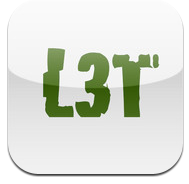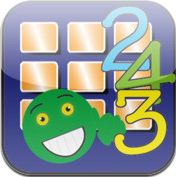Nun, ich bin nun auch Mitglied bei Pinterest – hier geht es zu meinem Profil. Hat es auf den ersten Blick unspektakulär ausgesehen, bin ich auf dem zweiten doch durchaus angetan. Besonders interessant find ich die Möglichkeit, dass ich meine Fotos die ich über Jahre mit Twitpic, Facebook oder neuerdings Instagram gemacht habe, nun endlich sortieren kann.
Daneben ist über das Bookmarklet ein schnelles Ablegen von interessanten Dingen in einer entsprechenden Kategorie möglich. Also erster Eindruck sagt, dass es zwar keine neue Idee ist, aber sie ist grafisch ansprechend umgesetzt mit ein paar netten Kleinigkeiten die mir den Alltag erleichtern könnten.


